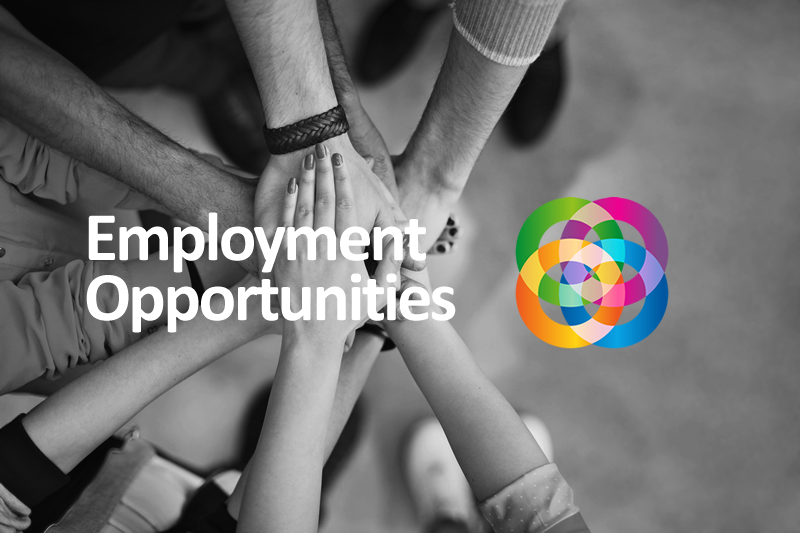Activities
Present Engagement
Civil Society Engagement
Future Engagement

Upcoming Events
-
2026-01-22[Registration Open] Meaningful Involvement Promotion Project Urgent Symposium “The New Takaichi Administration and Central Social Insurance Medical Council Reform – Ensuring Patients’ Voices are Heard” (January 22, 2026)
-
2026-01-27[Registration Open] (Webinar) The 140th HGPI Seminar “Early Detection to Reduce COPD Disease Burden: Connecting Clinical Frontiers with Health Policy” (January 27, 2026)







![[Discussion Points] Policy Dialogue “Considering Comprehensive Genomic Profiling from the Perspective of Patient Access: Utilizing the Medical Service Fee Reimbursement System and the Mixed Medical Services Program to Meet the Needs of Today” (November 28, 2025)](https://hgpi.org/en/wp-content/uploads/sites/2/eyecatch_Policy-Dialogue_Discussion-Points_20251128.jpg)
![[Registration Open] (Webinar) The 140th HGPI Seminar “Early Detection to Reduce COPD Disease Burden: Connecting Clinical Frontiers with Health Policy” (January 27, 2026)](https://hgpi.org/en/wp-content/uploads/sites/2/hs140-top.png)
![[Registration Open] Meaningful Involvement Promotion Project Urgent Symposium “The New Takaichi Administration and Central Social Insurance Medical Council Reform – Ensuring Patients’ Voices are Heard” (January 22, 2026)](https://hgpi.org/en/wp-content/uploads/sites/2/HGPI_20251208_urgent-symposium-1.png)
![[Event Report] Québec–Japan Dialogue on Ageing Webinar “Bridging Research and Policy Ecosystems” (December 9, 2025)](https://hgpi.org/en/wp-content/uploads/sites/2/dementia-20251209-top-scaled-1.jpg)
![[Event Report] Non-partisan Diet Member Briefing – 30-minute Health Policy Update “Current Status and Challenges of Lung Cancer Screening” (December 17, 2025)](https://hgpi.org/en/wp-content/uploads/sites/2/HGPI_Non-partisan-Diet-Member-Briefing_20251217-top-scaled-1.jpg)
![[Event Report] Open Session at the 84th Annual Meeting of the Japanese Society of Public Health “Municipalities × Planetary Health × Public Health” (October 29, 2025)](https://hgpi.org/en/wp-content/uploads/sites/2/HGPI_ph20251029-1-top.png)
![[Public Comment Submission] “Interim Evaluation of the Implementation Status of the National Biodiversity Strategy 2023-2030 (Draft)” and the “7th National Report under the Convention on Biological Diversity (Draft)” (December 2, 2025)](https://hgpi.org/en/wp-content/uploads/sites/2/HGPI_20251210_PublicComment.jpg)
![[Event Report] Non-partisan Diet Member Briefing – 30-minute Health Policy Update “The Best Investment is Prevention – Controlling Healthcare Costs and the Strategic Use of Colorectal Cancer Screening” (November 26, 2025)](https://hgpi.org/en/wp-content/uploads/sites/2/HGPI_DietMemberBriefing_20251127.jpg)
![[Event Report] Core Components of Universal Health Coverage (UHC): Achieving “Healthcare Without Financial Hardship” in Asia-Pacific and Japan (December 5, 2025)](https://hgpi.org/en/wp-content/uploads/sites/2/HGPI_20251210_Core-Components-of-Universal-Health-CoverageUHC-top.jpg)
![[Event Report] Advisory Board Meeting “Toward Reliable Policy Implementation for Early Detection and Early Intervention of Chronic Kidney Disease (CKD) at the Local Governments” (November 13, 2025)](https://hgpi.org/en/wp-content/uploads/sites/2/HGPI_20251113_ADB_CKD_eyecatch-scaled-1.jpeg)
![[In the Media] “Common Understanding Formed on Health Impacts of Climate Change Among Academic, Professional, and Industry Organizations in the Healthcare Sector” (CB news, November 13, 2025, Forbes JAPAN, December 3, 2025)](https://hgpi.org/en/wp-content/uploads/sites/2/lecture-media-351-top.png)
![[Event Report] Open Meeting at the 84th Annual Meeting of Japanese Society of Public Health “AMR Measures as Regional Health Crisis Management: The Role of Public Health Professionals and Multidisciplinary Collaboration” (October 30, 2025)](https://hgpi.org/en/wp-content/uploads/sites/2/HGPI_2501030FreeSession_84JSPH_JPNENG_20250919_v0.1r-2.png)



